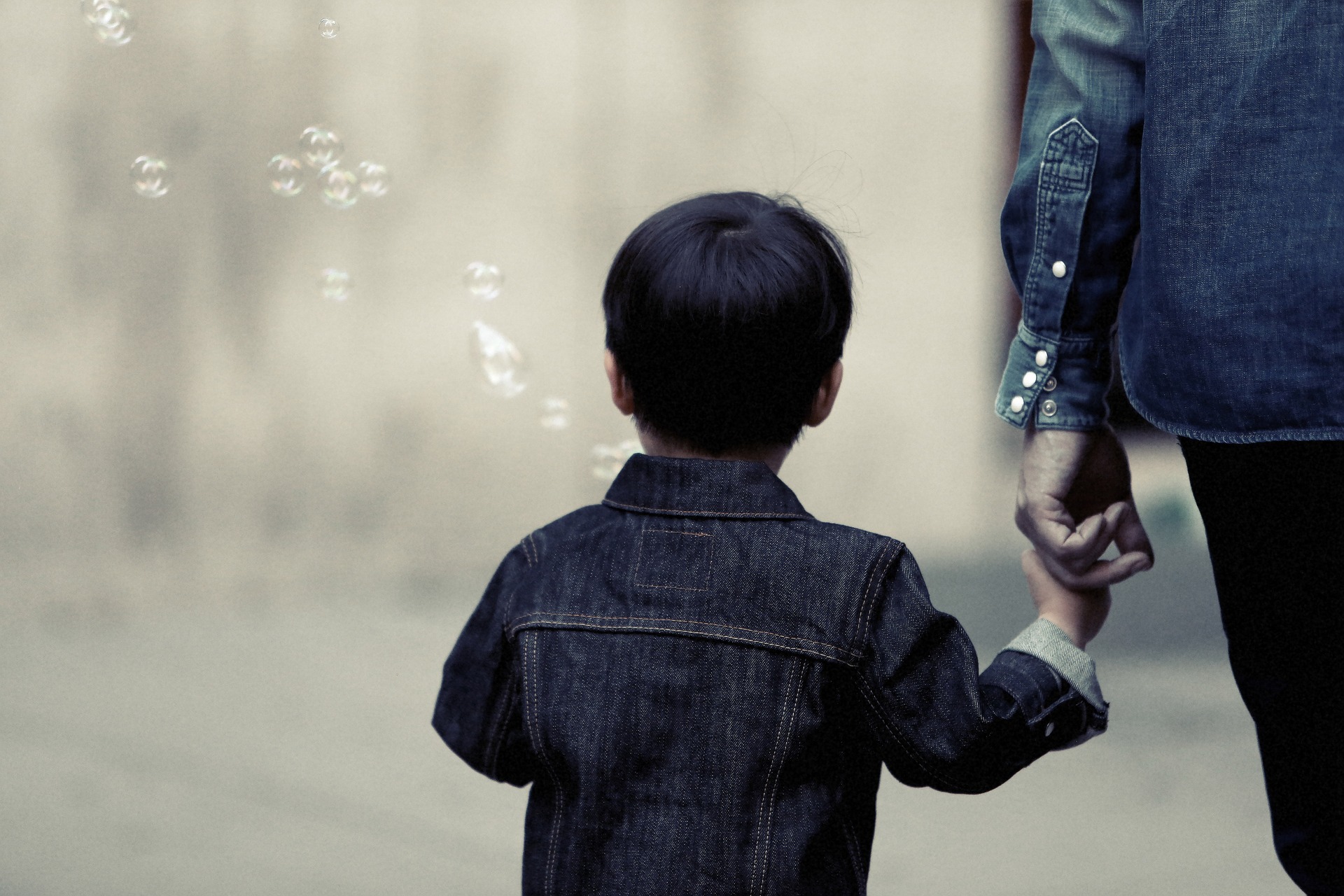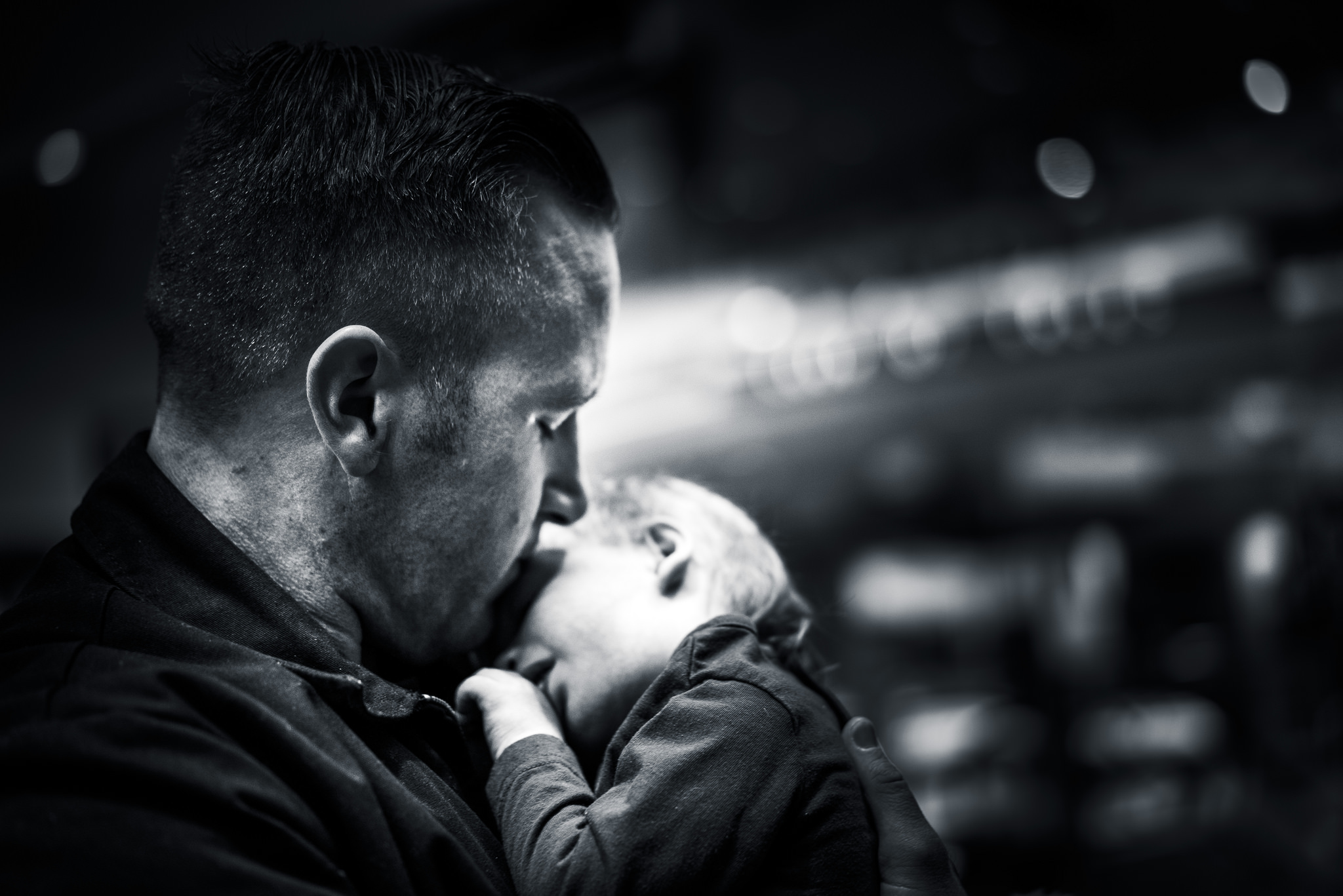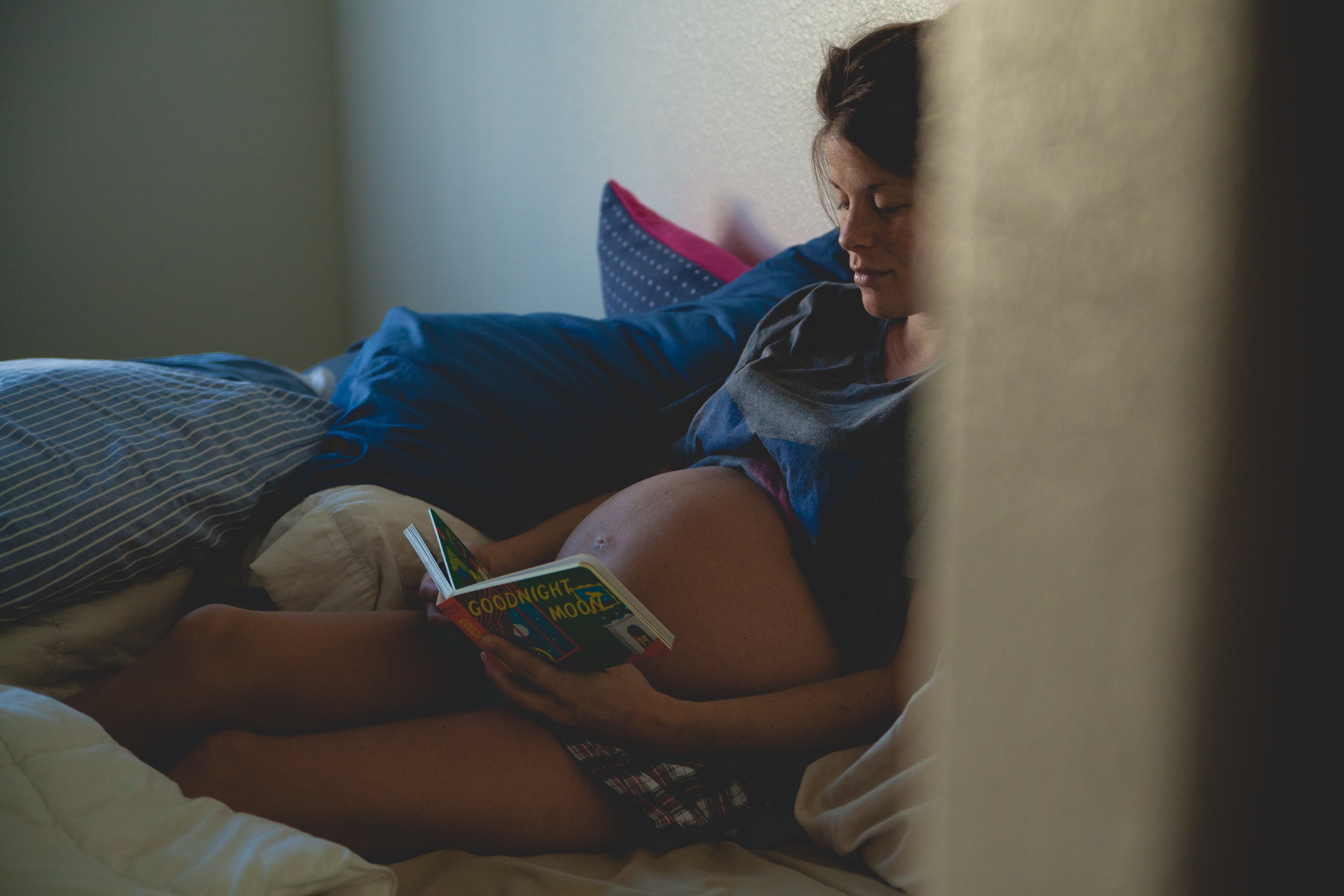Today is the Global Day of Parents – a day to appreciate parents’ selfless commitment to their children and lifelong dedication to the nurturing family relationship.
Parents have a right to respect for their family life, a right to have their children educated according to their religious and philosophical convictions, and a right not to be discriminated against when exercising these (and their other) rights.
Here are some examples of how human rights support parents.
Care Proceedings and Adoption

When children have to be taken from the custody of their parents and placed for adoption, human rights can help in a number of ways:
- Courts must consider the parents’ and child’s right to respect for their family life. This means fully considering all family options, such as living with grandparents, before deciding to put the child up for adoption.
- Any decision which means that parents cannot see their children must be reviewable. In challenging such decisions, parents may be entitled to legal representation.
- Children cannot be put up for adoption without their parents knowing. In one case in Ireland, a child’s mother had put her baby up for adoption, without telling the child’s father (her ex-partner). The father had not been married to the mother, so he received no protection under the law when he applied to be the child’s guardian. The European Court of Human Rights decided that the secret placement of the child for adoption was a violation of the father’s right to respect for his family and private life.
Prospective adoptive parents

Adoption laws that are applied to prospective parents in an unjustifiably discriminatory way have been found to breach human rights.
- In France, a lesbian woman’s application to adopt a child was refused. The European Court of Human Rights found that this refusal discriminated against her in relation to her right to respect for her family life.
- In a 2013 case against Austria, a lesbian woman’s partner could not adopt her partner’s child. The European Court of Human Rights found that there was discriminatory treatment when comparing the couple’s situation with the situation of an unmarried, heterosexual couple, in which one partner wishes to adopt the other’s child. This breached the lesbian couple’s human rights.
- The UK House of Lords (now the Supreme Court) decided in 2008 that a blanket ban on all joint adoptions by unmarried couples in Northern Ireland could not be justified.
Other circumstances

- If parents are separated and one wishes to take their children abroad, the other parent’s relationship with the child and right to respect for their family life must be considered.
- A rule which required that babies, at 18 months old, be compulsorily removed from their mothers in prison was challenged. The UK Court of Appeal said that prison policies had to be more flexible than that. Removing a child from his or her mother in prison must be a proportionate interference with the mother’s right to respect for family life. Each individual’s circumstances and best interests of the child must be considered.
- Parents have a right to ensure their child’s education conforms to their own religious beliefs and philosophical convictions. In a UK case from the 1980s, a child was suspended from school because he refused to accept corporal punishment, which his parent opposed. This breached the child’s right to education and his parent’s right to have him educated in accordance with her philosophical convictions.
Bearing in mind…
The rights referred to above can all be limited when it is justified and proportionate to do so. Parents’ rights may be balanced against other considerations, including what the courts consider to be in the best interests of their children.
For example, when a mother claimed that taking her child into care with a view to putting her up for adoption breached her right to respect for private and family life, the European Court of Human Rights said that the interference with her family life could be justified, as the child’s best interests were of crucial importance.
In such cases, difficult questions must often be decided. The factual context of each particular case is important and the courts give such matters careful consideration, taking into account the importance of family life.
Learn more about the right to respect for family life with our explainer: What Is The Right To Family Life And Why Does It Matter, our infographic poster and our other resources on what human rights do for families.







